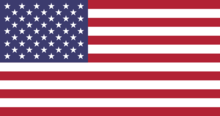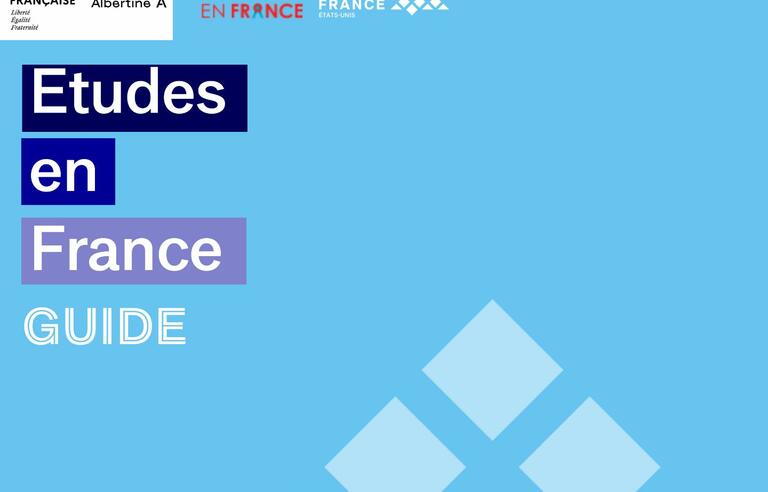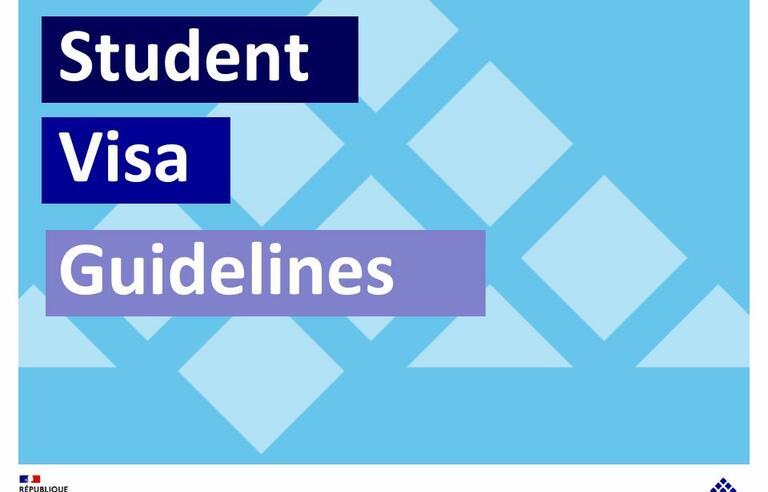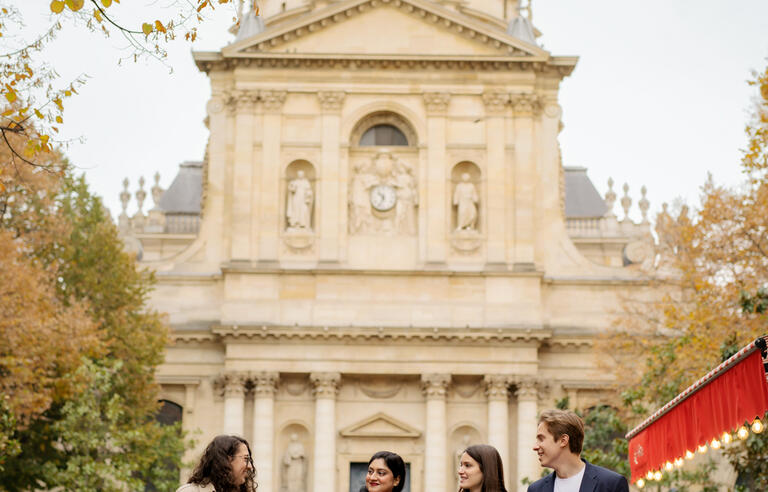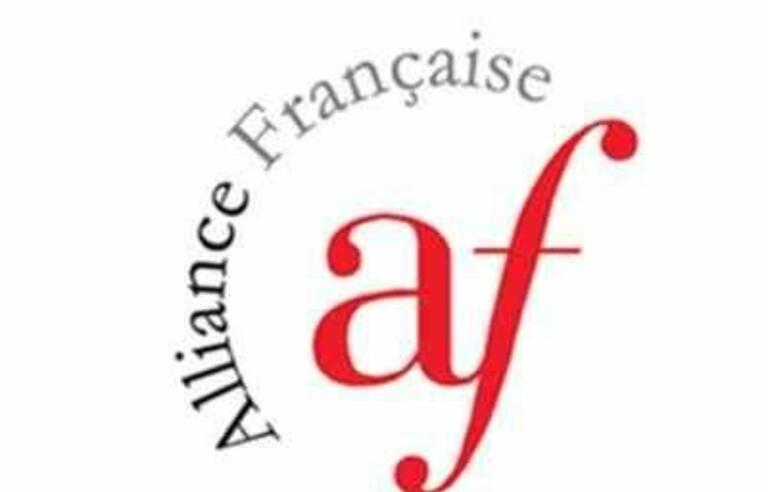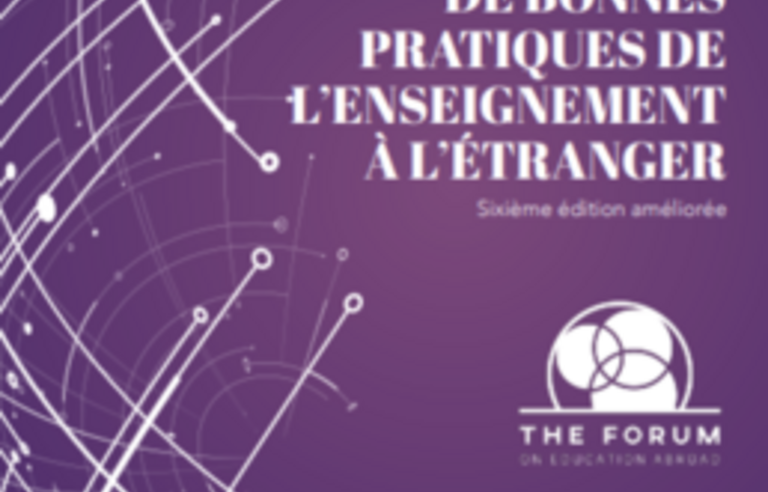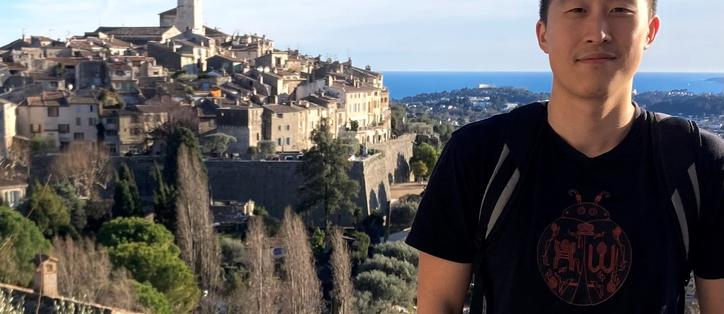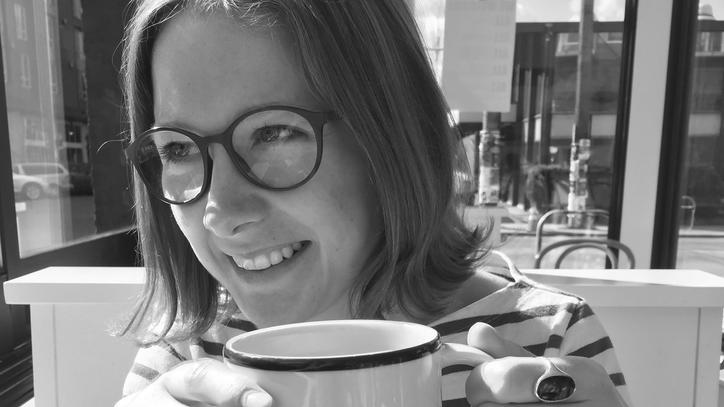
"You just have to experience it", Charlotte
"Studying abroad is something that you can’t substitute with reading a book or taking a class"
More information on the dual degree program: https://sciencespo.berkeley.edu/
Please note the deadline for the UC Application and the Supplemental Application is November 30, 2018 (decisions will be announced in mid-February).
1. Why did you choose the Sciences Po-UC Berkeley Dual Degree Program?
First I should mention: I’m neither American nor French, but was born and raised in Germany. Since I was a child, I always wanted to go abroad to discover different places and learn different languages. After finishing school in Germany, I went to study at Sciences Po, which was a great experience for me both culturally and academically.
During my time at Sciences Po, I heard about the Dual Degree Program with UC Berkeley, and it caught my attention immediately. I had heard about the San Francisco Bay Area and about the liberal tradition and history of UC Berkeley before. Also, the fact that I could take classes beyond the ones offered at Sciences Po caught my interest. I had always dreamt of studying Philosophy, so that’s what I wanted to choose as my major at Berkeley. Finally, the chance to study at Sciences Po and UC Berkeley for two years each, and to get degrees from both universities seemed almost too good to be true! I applied and got very lucky, alongside four other Sciences Po students that year.
2. What was the best part about getting to study in both France and the United States?
The best part about studying in both countries was getting to know two completely different parts of the world and meeting people in two different cultures. Studying abroad is something that you can’t substitute with reading a book or taking a class – you just have to experience it. Seeing how people from France and the U.S. are similar and different at the same time, learning their languages, getting to know their everyday culture, and seeing how their societies function is something that no university can teach.
3. What was it like studying at two very different universities and countries with regards to academics and student life?
It was very interesting to get to know the differences related to studying and living in France and in the United States.
In terms of academics, the French system is a little stricter and maybe harder to adapt to than the American one. Having a mix of both was perfect, actually. At Sciences Po, I gained an enormous amount of knowledge about the social sciences, and I learned to work very efficiently. At UC Berkeley, I had more freedom to choose what I was interested in, and I learned to think freely and critically.
In terms of student life, French students tend to be more independent than American students, because it’s less common for them to live in student dorms. I lived in an apartment with roommates in France and in a dorm in Berkeley. It was great to experience both. There really is no one life style that I prefer more than the other.
4. What was the best or funniest memory you have from the program?
Living at International House (I-House – Berkeley’s dorm for international students) was the best memory of my time in Berkeley. All my fellow Dual Degree students lived there during their first year. We all made important connections and friends for life at I-House. My most fun memory were the French Coffee Hours that we organized for all I-House residents once per year. Together with all French I-House residents, we prepared French food, drinks, performances, and decorations, and invited the other residents to come and experience our culture. The I-House residents from other countries organized Coffee Hours too – Japanese, Korean, Singaporean, Brazilian, Moroccan, Irish, … Every Wednesday night at 9pm, there was a new surprise and a lot of fun guaranteed!
5. How did studying in France and the U.S. help shape your experiences after graduation?
Studying in France and then the U.S. has shaped my life in a significant way so far. Although I didn’t go back to study in France after the Dual Program, my closest friends here in the Bay Area are French! Without having studied at Sciences Po before, I wouldn’t have made the same friends and wouldn’t still practice my French every day. Studying in the U.S. has shaped my life in a much more obvious way – I just love the Bay Area, and now, three years after coming here, I still haven’t left!
6. How do you feel the Dual Degree Program helped you gain the skills to get into your graduate program, succeed in it, and thrive afterwards?
After the Dual Degree Program, I went to do an M.A. in Journalism at Stanford University. I graduated this June and I'm now working as the first Marketing hire at a small startup called Smartcar in Mountain View. Of course, studying at UC Berkeley gave me the skills to get accepted at and succeed in both, my Master’s program and my new job. But more importantly, there is a unique value in being able to see things from different perspectives and to understand different view points. I think that the Dual Degree Program taught me this skill, which was extremely beneficial for succeeding in everything I did after the program.
7. What advice do you have for students thinking about applying to the Dual Degree Program?
If you are thinking about applying for the Dual Degree Program, you might think about the academic possibilities and the ways that the program can be beneficial for your career, but you should also consider the intercultural experience that the program has to offer. For me, the experience of living in a foreign country for two years and getting to know the culture and language was the ultimate reason why I chose the program – and I’ve never regretted my decision. Certainly, Sciences Po and UC Berkeley are two awesome schools that can bring you on a successful career path, but for me, the single best thing about this program is not academic excellence, but cultural experience. On top of that, when applying to a job or graduate program in the future, the professors or recruiters who look at your resume will understand the value of this kind of experience. They will see that you have a unique profile and might find you more interesting than other applicants with similar educational backgrounds.


